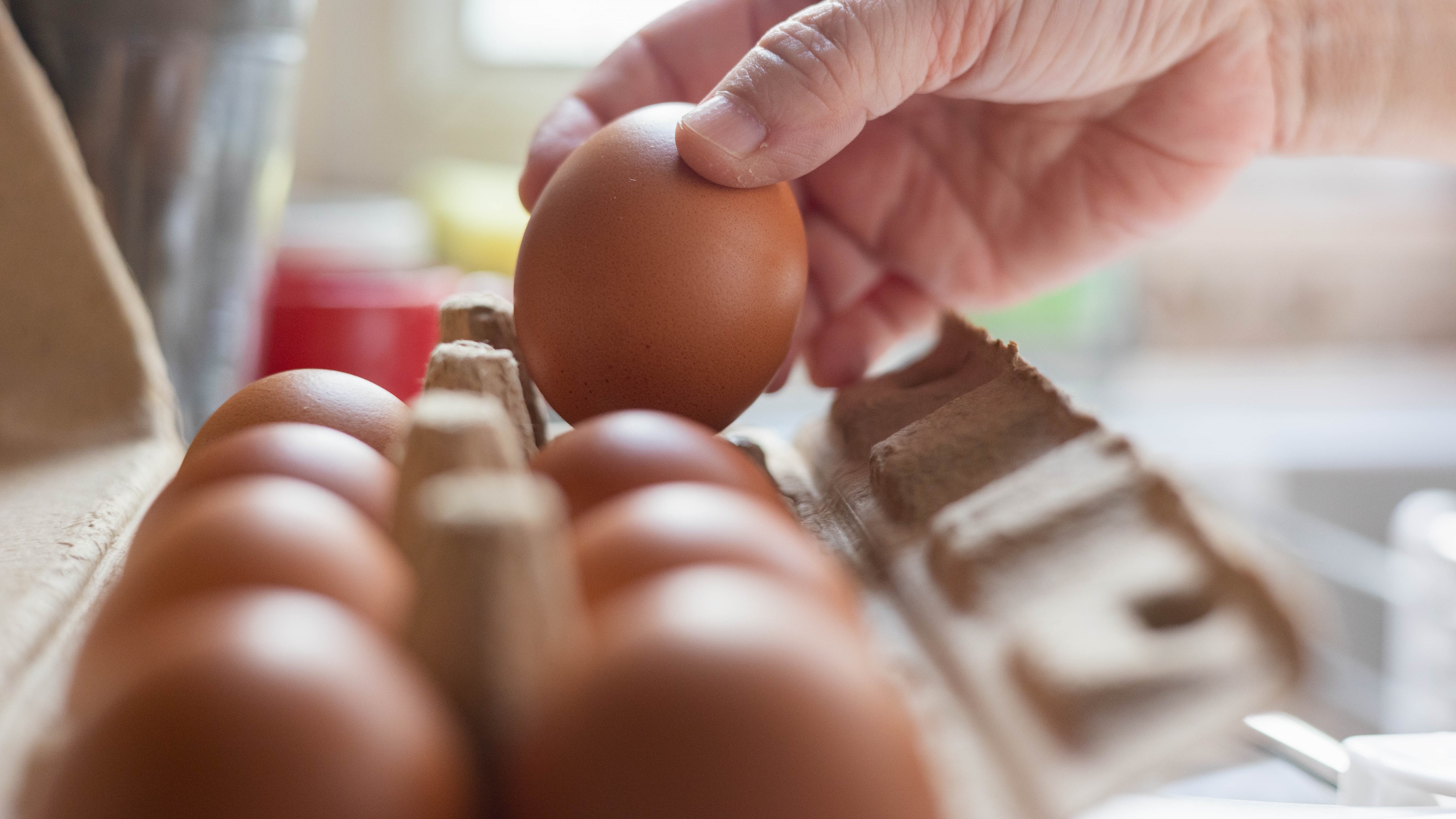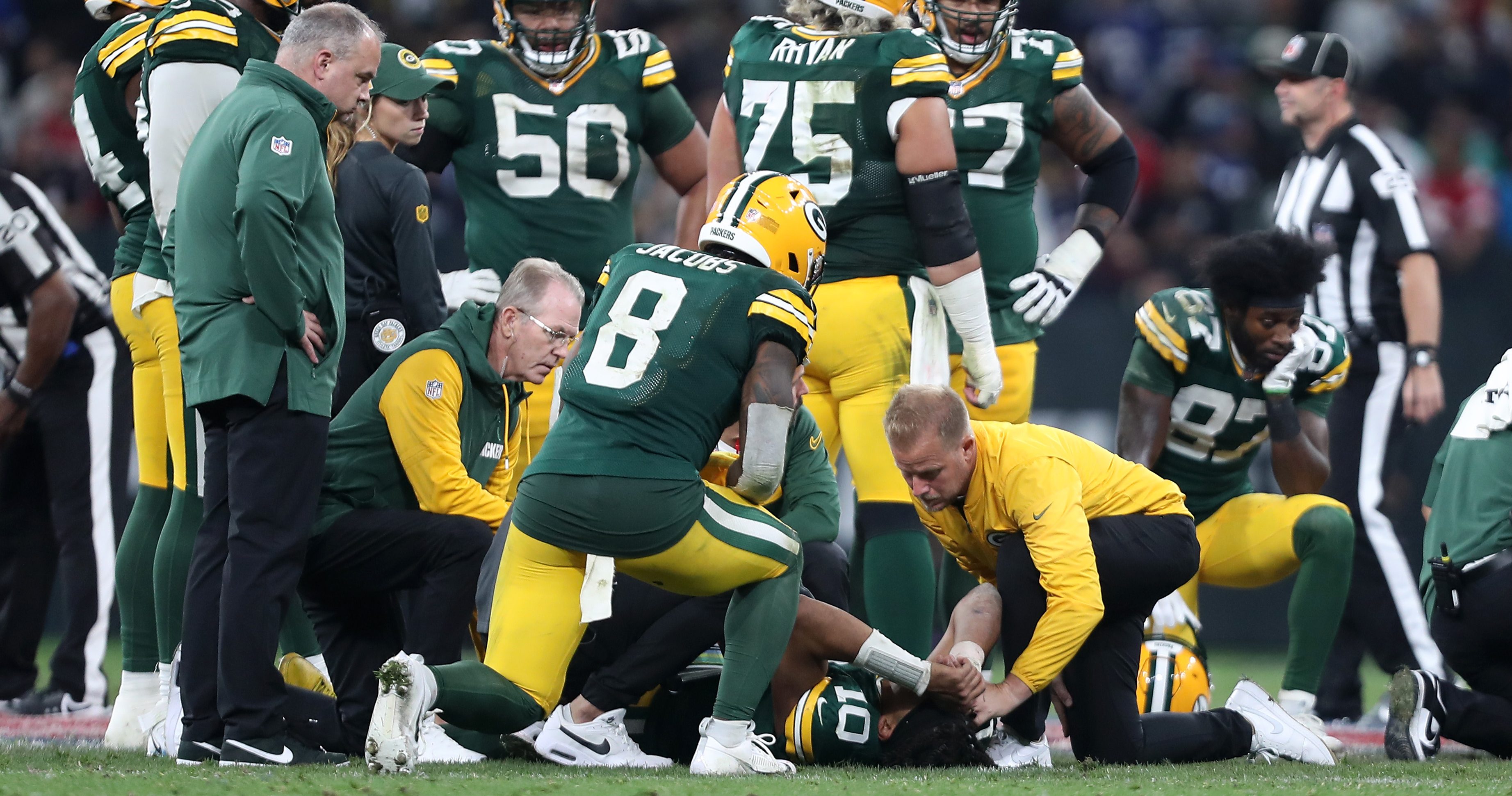Several Chicago-area suburbs and Chicago itself will not be joining Illinois in expanding the list of people eligible for COVID-19 vaccinations in Phase 1B of the vaccine rollout.
Chicago was among the first to announce it would not be joining the state. They were later joined by suburban Cook County and DuPage County, which announced a similar decision.
"We're not ready at this point ," Chicago Department of Public Health Commissioner Dr. Allison Arwady said in a Facebook Live video Tuesday. "The city of Chicago, Cook County, Evanston, DuPage County, Stickney - there may be others. All said, we're just not at a point to be able to move ahead."
DuPage County's Health Department said in a statement it can't expand eligibility "until vaccine supply increases."
Cook County Board President Toni Preckwinkle in a joint statement with Chicago Mayor Lori Lightfoot echoed those claims, saying "we are not being supplied with enough doses that would allow us to expand eligibility in these phases."
According to Arwady, more than 950,000 Chicago residents would become eligible if the city expanded Phase 1B under the state's guidelines.
"We cannot add a million people to the about almost a million people including the 1A, who are already in competition for the existing doses," she said. "It'll just make everybody more frustrated. So as we have more vaccine, we definitely will be opening up and go from there."
Local
In a note to residents, Evanston said it did not anticipate being able to expand Phase 1B eligibility "due to the large number of individuals 65 years and older in Evanston who are currently eligible for vaccines as part of Phase 1b, and the limited supply of vaccines available to date."
Gov. J.B. Pritzker said the state is still expected to expand eligibility in Phase 1B starting Thursday, despite shipping delays that led to a shortage of doses for some cities last week.
Feeling out of the loop? We'll catch you up on the Chicago news you need to know. Sign up for the weekly Chicago Catch-Up newsletter.
"It set everybody nationally back. Now, as you saw from the doses that were delivered, because we put those numbers out every day, we had one day that was significantly lower, and that was on Saturday," Pritzker said. "And then Sunday, we had a much bigger Sunday than we've ever had before and I actually think that had to do with reporting more than anything else. But we delivered a lot of vaccine into people's arms last week. We're expecting to have 500,000 doses here in the state this week for administration into people's arms. So I feel like, you know, as you've seen, we've gotten to 60, 70, 80,000 per day. And our expectation is that we'll maintain and even grow that number in this coming the week that we're in now, in the coming week after that, especially as we've opened up to 1B plus."
The state had announced plans to increase eligibility beginning Feb. 25, allowing for people with "a high-risk medical condition" or comorbidity to be vaccinated. The list includes those with cancer, diabetes, obesity, women who are pregnant, and those with several other conditions.
The expansion applies to those 16 and older who weren't otherwise covered in previous eligibility categories, the state said, adding that it plans to work with local health departments and other providers as eligibility increases.
So why is the rest of the state opening up?
"It seems like there are some rural areas in the state that may have been supplied more vaccine, they may not have as many people, they may have gotten through a high percentage of their people over 65 and their essential workers," Arwady said.
The list of qualifying high-risk medical conditions (which is subject to change) includes:
- Cancer
- Chronic Kidney Disease
- COPD (Chronic Obstructive Pulmonary Disease)
- Diabetes
- Heart Condition
- Immunocompromised State from a Solid Organ Transplant
- Obesity
- Pregnancy
- Pulmonary Disease
- Sickle Cell Disease
Pritzker noted that people eligible in the expanded phase will not need to prove they have a high-risk medical condition, though many will likely receive the vaccine from their primary care doctors.
"We're not making people walk in with papers from their doctor to prove that they have diabetes, or to prove that they have cancer. We are relying on people, the honor system, for people to present themselves who have those comorbidities," Pritzker said. "We also are obviously - the nurses and doctors that are providing those doses to people can ask them questions about their condition to confirm that. And many people are in fact going to their regular health provider who already has their record on file and knows their comorbidity."
Already, more than 3.2 million Illinois residents are eligible for vaccinations under Phase 1B, which includes people age 65 years and older as well as "frontline essential workers."
For a complete look at where and how you can make an appointment in Illinois or where you can receive vaccine information for your area, click here.



